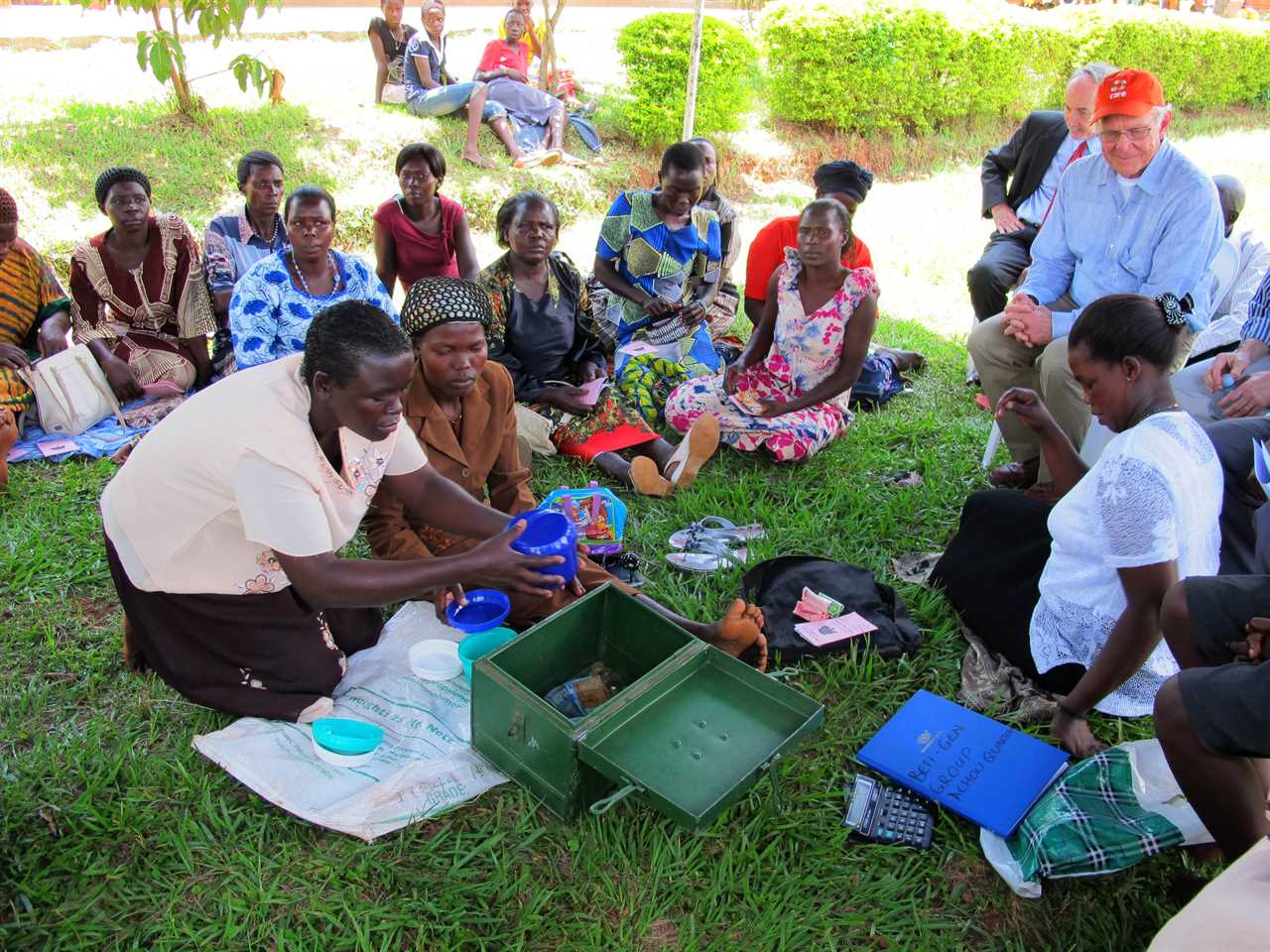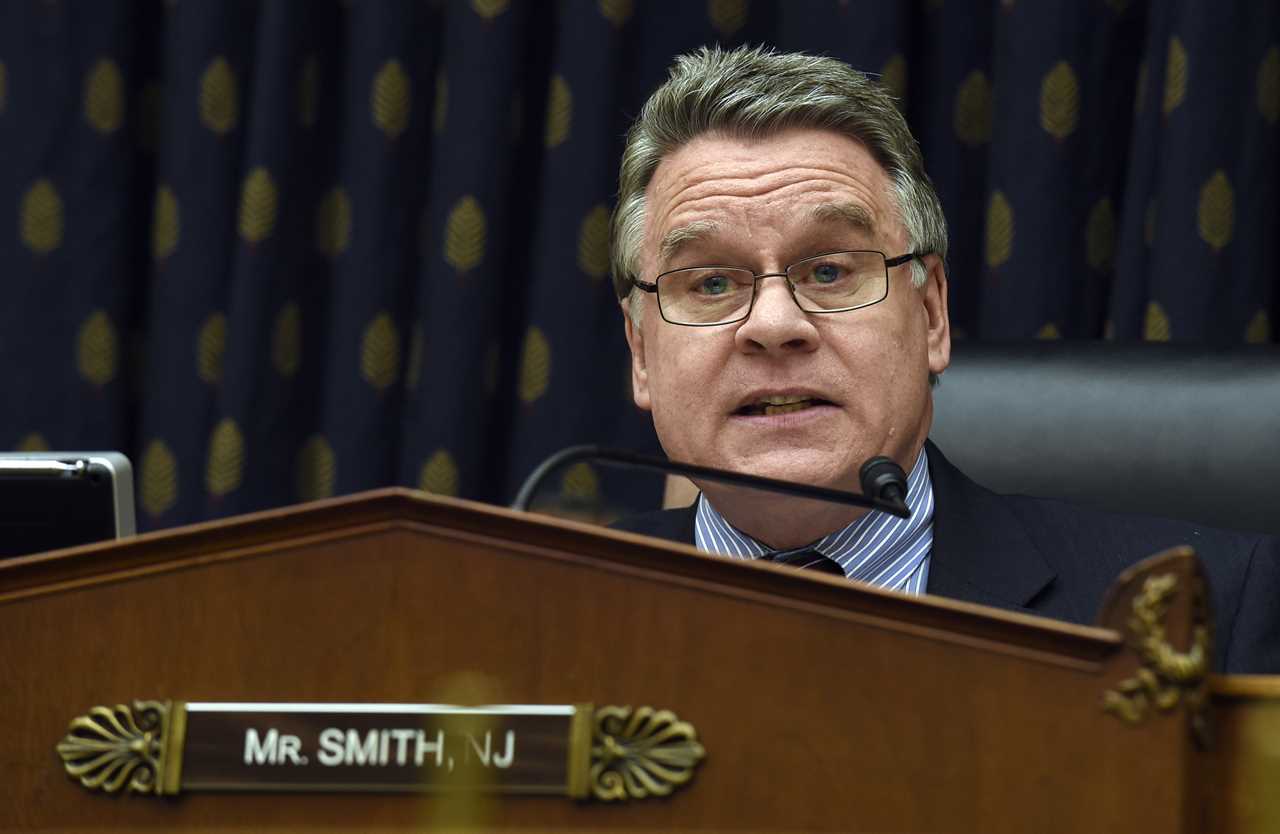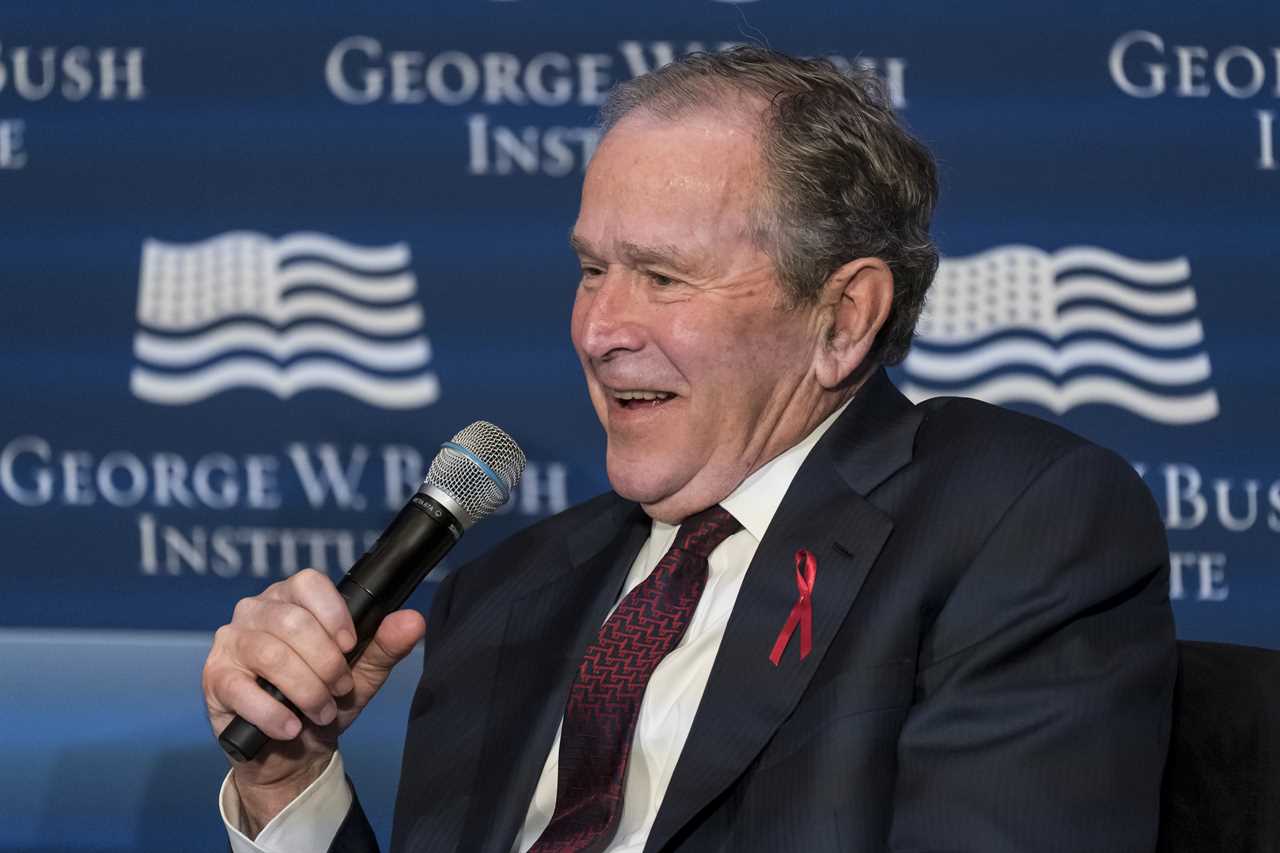
A dispute over abortion has dimmed hopes on Capitol Hill for passing legislation to reauthorize the U.S. program credited with saving 25 million lives in the developing world from AIDS.
The fight — over whether federal funds are going to AIDS-fighting groups that also promote abortion rights — comes at an inopportune time: Progress against the disease slowed markedly during the Covid-19 pandemic, prompting the United Nations to call on rich countries to redouble their efforts.
The President’s Emergency Plan for AIDS Relief is the centerpiece of that global campaign. Until now, it’s had the backing of both liberals and religious conservatives, and bipartisan support in Congress. It’s also served as a public relations boon to Republicans since President George W. Bush created it in 2003. But Republican lawmakers’ claims that President Joe Biden is using PEPFAR to support abortion rights have caused that unique coalition to fray. Advocates of the program say that could undermine long-term funding both here and internationally.
“The president fired the first shot,” Rep. Chris Smith (R-N.J.) told POLITICO, accusing Biden of deliberately adding abortion to the program’s purview.
Smith previously supported PEPFAR and even wrote the last bill reauthorizing it in 2018. But the longtime abortion opponent said he won’t write another update without barring funding of groups that support abortion rights. That’s a dealbreaker for Democrats, who note that U.S. law already bars foreign aid from funding abortion services.
The Biden administration denies Smith’s charges, and it, along with Democratic lawmakers and some outside public health advocates, said there’s no evidence PEPFAR funds have gone to providing or promoting abortion.
“They’re taking what was an initiative of George Bush that has been successful across the globe, particularly in Africa, and are now trying to make it a political issue about abortion,” said Senate Foreign Relations Chair Bob Menendez (D-N.J.), adding that Smith’s claim that PEPFAR is supporting abortion is a “smear.”
Still, Smith wields influence over PEPFAR reauthorization as chair of the relevant House Foreign Affairs subcommittee, and no other GOP lawmakers on that committee have publicly broken with his position.
Smith pointed to Biden lifting funding restrictions imposed by the Trump administration and including language in its PEPFAR strategy document about integrating HIV programs with “sexual health and reproductive rights,” which he interprets as code for promoting abortion rights.
PEPFAR can continue without congressional reauthorization — albeit without policy changes or additional authorized funding. But supporters of the program worry Congress’ failure to extend it for another five years will signal diminishing support for U.S. leadership in the battle against AIDS.
Over time, they worry that could threaten the nearly $5 billion the program gets in yearly funding and impede the international goal of ending the AIDS epidemic by 2030.
“PEPFAR has always been dealt with separately from social issues that divide the parties and we hope to see that maintained,” said Tom Hart, the president of the ONE Campaign, a nonpartisan group co-founded by rock star Bono, who worked with Bush to create the program.
‘Money is liquid’

Smith previously supported reauthorizing PEPFAR this year.
As he was preparing to assume the chair of the Global Health, Global Human Rights and International Organizations Subcommittee after the Republicans won the House majority last year, he told POLITICO that PEPFAR reauthorization would be a priority. He added that he wanted to ensure the program remained focused on providing HIV treatment overseas and stopping mother-to-child transmission.
A Foreign Relations Committee hearing with the Biden administration’s PEPFAR coordinator, John Nkengasong, in April suggested senators also wanted to reauthorize the program for another five years.
“Let’s not bog down the process by wordsmithing what already exists. This program is too important for that,” said Idaho’s Jim Risch, the panel’s ranking Republican. He added that he wanted “rigorous oversight, including close scrutiny of PEPFAR’s local implementing partners.”
Smith’s tune changed after anti-abortion groups demanded more restrictions on PEPFAR funding this spring.
The Heritage Foundation released a report in early May accusing the Biden administration of using PEPFAR as a “vehicle to promote its domestic radical social agenda overseas,” and signed a letter to Congress along with dozens of other anti-abortion groups demanding changes to the program should it be renewed.
“Why now? Because it’s authorization time. That’s when you share your conservative approach for foreign aid,” said Max Primorac, who leads foreign policy advocacy for the conservative think tank. “We have constant conversations with folks up on the Hill, and it was only natural for us to share Rep. Smith’s concerns.”
Other anti-abortion groups that signed the letter say they will only be satisfied by the reinstatement of a policy the Biden administration lifted in 2021 that banned groups that get U.S. foreign aid from using other monies to provide abortions or abortion counseling.
“Money is liquid,” argued Jesse Southerland, the federal policy director of Americans United for Life. “If an organization gets a billion dollars from PEPFAR and they already promote or do abortions, even if they don’t directly use that money, it’s still floating them.”
Smith agreed, and said he will only back a PEPFAR reauthorization if it includes the so-called Mexico City Policy that Biden lifted in 2021.
“Except for South Africa, the African countries are pro-life and they don’t want money coming in in huge amounts buying all kinds of personnel and then become a lobby force for abortion,” Smith said.
Most Republicans wouldn’t comment on Smith’s stand.
Foreign Affairs Committee Chair Michael McCaul (R-Texas), who oversees PEPFAR reauthorization in the House, “is working closely with other members and engaging with stakeholders as he determines next steps,” said committee spokesperson McLaurine Pinover.
None of the five other Republican members of the Global Health Subcommittee Smith chairs responded to POLITICO’s request for comment.
Risch told POLITICO that the reauthorization is a “work in progress.”
‘You can’t change and open it up’
Democrats insist Smith is wrong about PEPFAR supporting abortion and are not willing to add language to a reauthorization bill to accommodate him.
“The word ‘compromise’ suggests there’s something that should be compromised,” Menendez said, dismissing the idea.
New York’s Gregory Meeks, the ranking Democrat on the Foreign Affairs Committee, agreed. “You can’t change and open it up and ultimately destroy it,” he told POLITICO.
White House and PEPFAR officials have also denied that the program supports abortion services. A White House staffer whom POLITICO granted anonymity because the official was not authorized to speak on the record called it “a false narrative” resulting from “the latest disinformation campaigns” by groups that are trying to block the program’s reauthorization.
Some outside advocates of PEPFAR say Democrats need to do more to pressure Smith and his allies to relent.

Lawrence Gostin, faculty director of the O’Neill Institute for National and Global Health Law at Georgetown University, said Biden and White House Chief of Staff Jeff Zients need “to get on the phone and twist some arms.”
“They’re leaving a lot of the heavy lifting to the PEPFAR coordinator, who is fantastic but he doesn’t have a lot of inside the Beltway political experience and skills,” Gostin said.
Gostin said reauthorization is so important that Democrats should find a way to give Smith political cover by, for instance, taking out references to reproductive health from PEPFAR documents.
White House National Security Council spokesperson Adam Hodge said the White House has been in regular contact, including in recent days, with lawmakers and their staffers from both parties and from both chambers.
“The Biden-Harris Administration will continue to work with both parties to sustain [the program’s] legacy and pass a clean date change PEPFAR reauthorization before the current authorization expires at the end of September,” he said in an email.
‘The U.S. isn’t committed to this work’
If Congress and the White House can’t agree on a reauthorization bill, PEPFAR won’t shut down, but it will have both “symbolic and practical implications,” said Jen Kates, the director of global health & HIV policy at KFF, the health care research and advocacy group.
It would take off the table the possibility of increasing the program’s authorized funding levels, for example, and legal provisions would end that allocate a certain portion of the funds to children impacted by HIV, the virus that causes AIDS, and to services for people living with the virus.
“Beyond that,” she added, “it would send the signal that the U.S. isn't committed to this work and make the program more vulnerable to funding cuts in the future.”
Other countries would likely follow the U.S. in cutting funds for HIV prevention and treatment services in the countries most affected by the virus, Gostin warned, potentially leading to thousands of people dying in the long term, and the U.S. losing the prestige it won in Africa.
“If the U.S pulls back, it gives an excuse to other big donors to pull back, and that’s the last thing we want, particularly when [the United Nations] and the Biden administration are focusing on ending AIDS as we know it,” he said.
----------------------------------------
By: Carmen Paun and Alice Miranda Ollstein
Title: The abortion wars have engulfed George W. Bush’s AIDS-fighting program
Sourced From: www.politico.com/news/2023/06/27/abortion-wars-pepfar-00103679
Published Date: Tue, 27 Jun 2023 03:30:00 EST
Did you miss our previous article...
https://consumernewsnetwork.com/politics-us/housing-crisis-prompts-state-intervention






